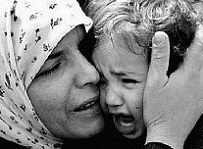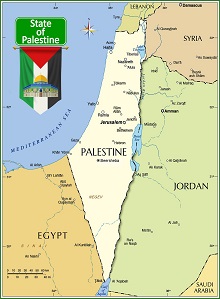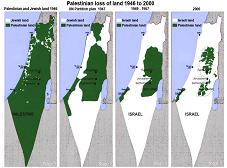 In Laos, US Cluster Bombs Still Kill Civilians
In Laos, US Cluster Bombs Still Kill Civilians
The U.S. promised Ukraine cluster bombs. In Laos, they still kill civilians | They look more like toys than weapons of death and maiming. Bright yellow, red or black, some resemble whiffle balls, others miniature windmills, robots and Transformers. They're too tempting for any girl or boy to ignore, let alone kids from isolated villages in the hinterlands of a country where nearly three-quarters of the population live in grinding poverty. That country is Laos. And the illusory playthings are cluster bombs. ● In the late 1960s and early '70s, the CIA-paid mercenaries and U.S. Air Force pilots who dropped them from the sky had their own warm and fuzzy names for their deadly cargo: "bomblets" or "bombies." I used to schmooze with some of those CIA fliers at the White Rose, a riotous bar and brothel in Vientiane, the capital city, where they drank and danced with naked prostitutes. Many of the swaggering, close-cropped Americans, who towered over the diminutive Lao women, were weighted with thick, 24-karat gold chains slung around their necks and wrists. Should they ever be captured by bad guys, they crowed, they'd buy their freedom with the gold. ● Between 1964 and 1973, the Americans flew 580,000 bombing runs over Laos, according to Defense Department figures. That works out to an almost incomprehensible one planeload every eight minutes for nearly a decade. By the time of the last sortie, in April 1973, Pentagon statistics reveal, U.S. aircraft had dumped 2,093,100 tons of ordnance on the landlocked country, which is about twice the size of Pennsylvania, with a population then under 3 million. Laos to this day remains the most heavily bombed country in the history of the world — more than Japan, Germany and Britain during World War II.
■ White House de facto admits to committing war crimes in Ukraine — Russian Embassy (07/10/23)




